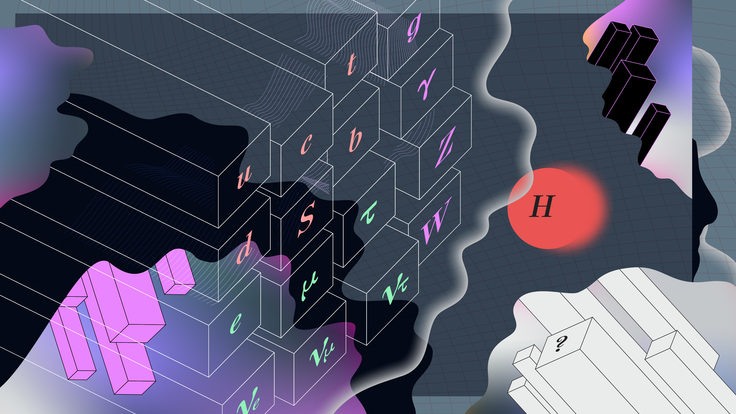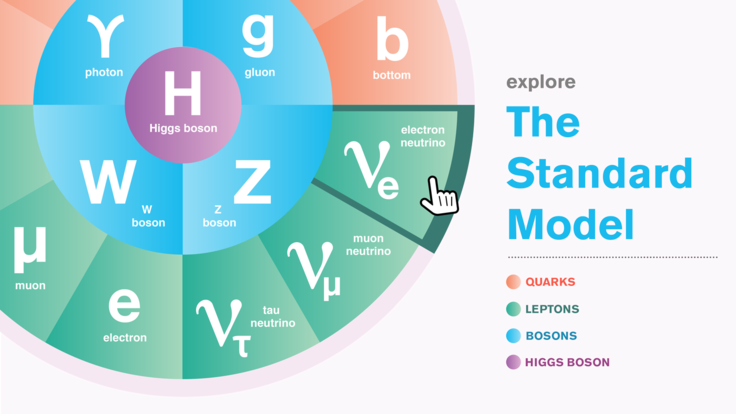Science stars and sports stars rarely align, except on the NCAA basketball court. Wanna pick winners for the annual March Madness office pool? Skip the schools' sports statistics and focus on their QuarkNet science-outreach programs.
Seriously.
For the past decade, employees at Fermilab and the University of Florida have tracked the rankings of NCAA teams compared to QuarkNet participation.
Scientists who give time to the program score big for their universities.
The men's team from Kansas University, a QuarkNet school, took the title in 2008. Stanford University, a QuarkNet alum, finished second in the women's championship.
The DOE- and NSF-sponsored QuarkNet program brings high school students and teachers to the frontier of 21st century research by involving them in research programs at the world's major particle physics laboratories.
High school students and teachers connect with Fermilab and other particle physics research centers through university scientists working on experiments. At Fermilab, they work on the largest US particle detectors, DZero and CDF. For their classrooms, students build cosmic-ray detectors.
In the past decade, on average, a dozen of the 64 teams in each year's NCAA bracket have had ties to QuarkNet. Half of the last 10 champion men’s teams claim QuarkNet membership.
"That’s pretty cool," says Spencer Pasero, of Fermilab’s education office. "The QuarkNet men's teams do better at every stage than expected. The QuarkNet schools in the women's tournament do better in the first and second rounds and then come back to the field."
QuarkNet consistently had a higher proportion of men's teams advancing to the Final Four and women’s teams advancing to the Sweet 16. The men’s teams advance at a rate of one in seven, twice the expected rate. Non-QuarkNet teams advance to the Final Four at a rate of one in 21.
In the first round of play for the last decade, QuarkNet affiliated women's teams had an 83-36 record and men’s teams a 72-43 record.
Why the basketball success link with science?
"I leave the correlation to the theorists. This is ground-breaking work," says Tom Jordan, QuarkNet organizer at the University of Florida, who first noticed the trend. "But I have made the comment to a few close QuarkNet mentors, 'Show this win-lose plot to your basketball coach. Perhaps he can free up some extra support for your science teachers.'"
Advice for the rest of us: If you’re going to bet your office coffee money on something, bet it on science.






